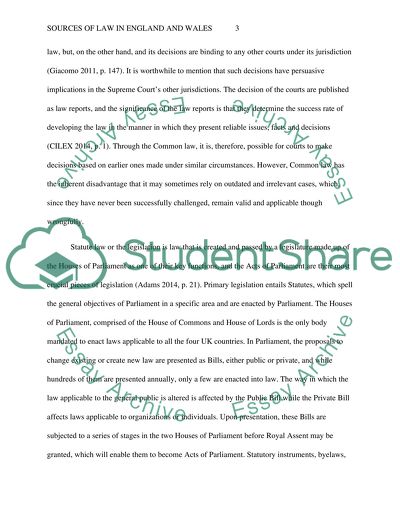Cite this document
(“Assess the different sources of the law in England and Wales. To what Essay - 8”, n.d.)
Assess the different sources of the law in England and Wales. To what Essay - 8. Retrieved from https://studentshare.org/law/1664287-assess-the-different-sources-of-the-law-in-england-and-wales-to-what-extent-have-external-sources-affected-its-development
Assess the different sources of the law in England and Wales. To what Essay - 8. Retrieved from https://studentshare.org/law/1664287-assess-the-different-sources-of-the-law-in-england-and-wales-to-what-extent-have-external-sources-affected-its-development
(Assess the Different Sources of the Law in England and Wales. To What Essay - 8)
Assess the Different Sources of the Law in England and Wales. To What Essay - 8. https://studentshare.org/law/1664287-assess-the-different-sources-of-the-law-in-england-and-wales-to-what-extent-have-external-sources-affected-its-development.
Assess the Different Sources of the Law in England and Wales. To What Essay - 8. https://studentshare.org/law/1664287-assess-the-different-sources-of-the-law-in-england-and-wales-to-what-extent-have-external-sources-affected-its-development.
“Assess the Different Sources of the Law in England and Wales. To What Essay - 8”, n.d. https://studentshare.org/law/1664287-assess-the-different-sources-of-the-law-in-england-and-wales-to-what-extent-have-external-sources-affected-its-development.


